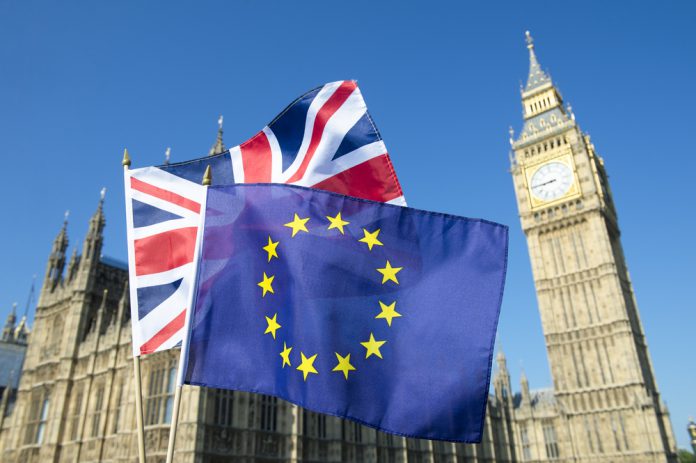
The UK Treasury rejected calls for a second referendum, despite the Organisation for Economic Cooperation and Development claiming it would significantly boost the economy.
The Paris-based economic thinktank said that remaining in the EU would positively affect growth and revise current forecasts.
The treasury shut down the OECD’s intervention.
“We are leaving the EU and there will not be a second referendum,” it said in a statement.
The thinktank’s report said: “In case Brexit gets reversed by political decision (change of majority, new referendum, etc), the positive impact on growth would be significant,”
Philip Hammond acknowledged the report at a press conference and the UK would act on it where possible but re-iterated that UK businesses would benefit in the long term.
[By] delivering a time-limited transition period, avoiding a disruptive cliff-edge exit from the EU, we can provide greater certainty for businesses up and down the UK, and across the European Union,” he said.
At the same time, OECD secretary-general, Angel Gurria maintained that the UK/EU relationship must remain close in order to avoid a decline in the economy.
“It will be crucial the EU and the UK maintain the closest economic relationship possible,” she said.
The OECD predicted that the UK’s growth rate will fall to 1 percent by next year, following the “disorderly” exit from the single market.
As well as the implications for Brexit, the report also discussed other problems for the UK economy such as the surge in zero-hour contracts.
A spokesperson from the Treasury focused on the recommendations in the report based on productivity.
“Increasing productivity is a key priority for this government, so that we can build on our record employment levels and improve people’s quality of life,” the spokesperson said.
“Today, the OECD has recognised the importance of our £23bn National Productivity Investment Fund which will improve our country’s infrastructure, increase research and development and build more houses.”
